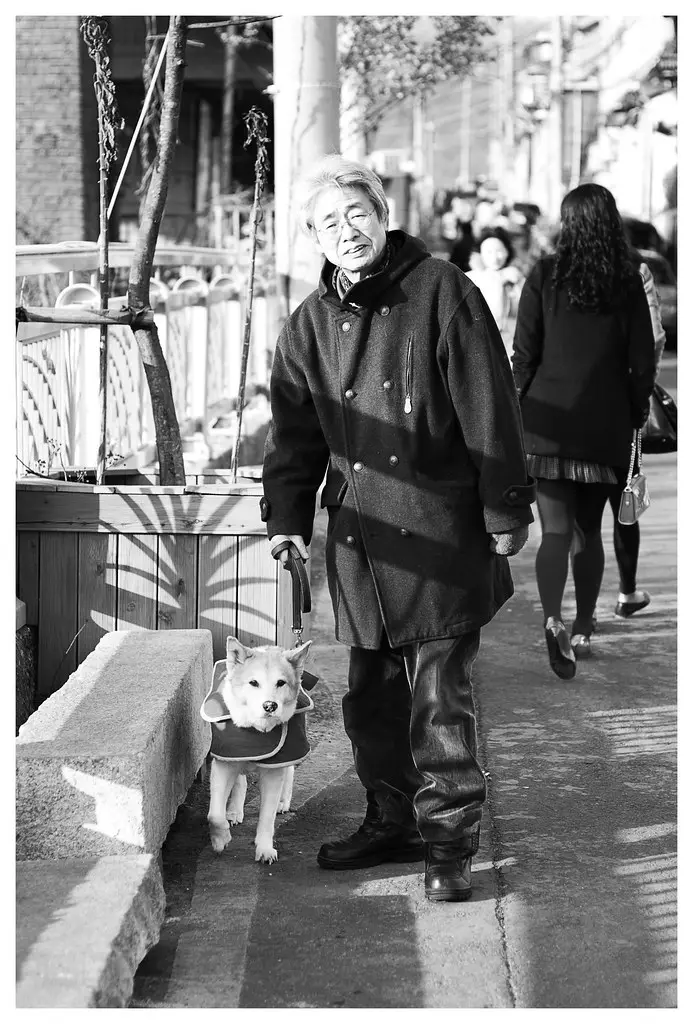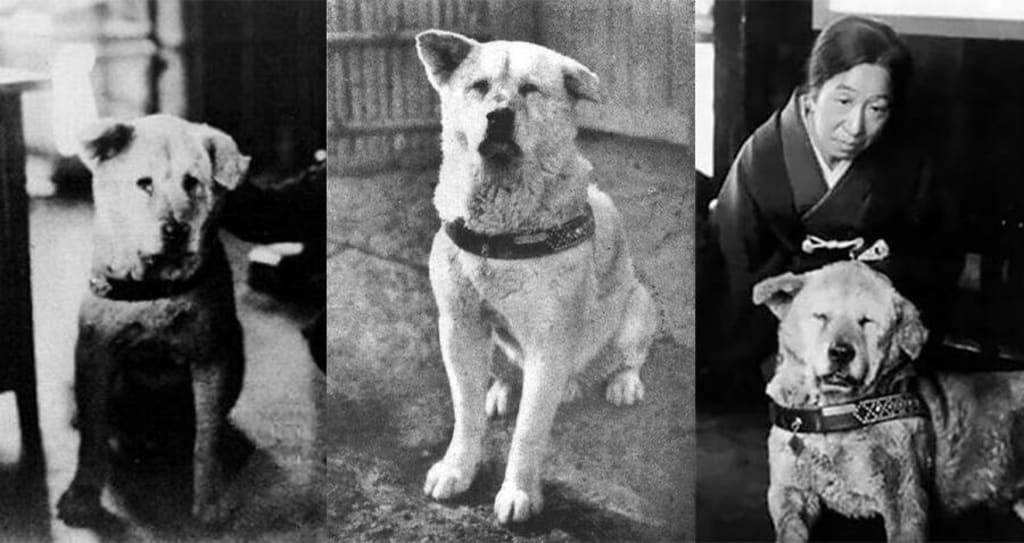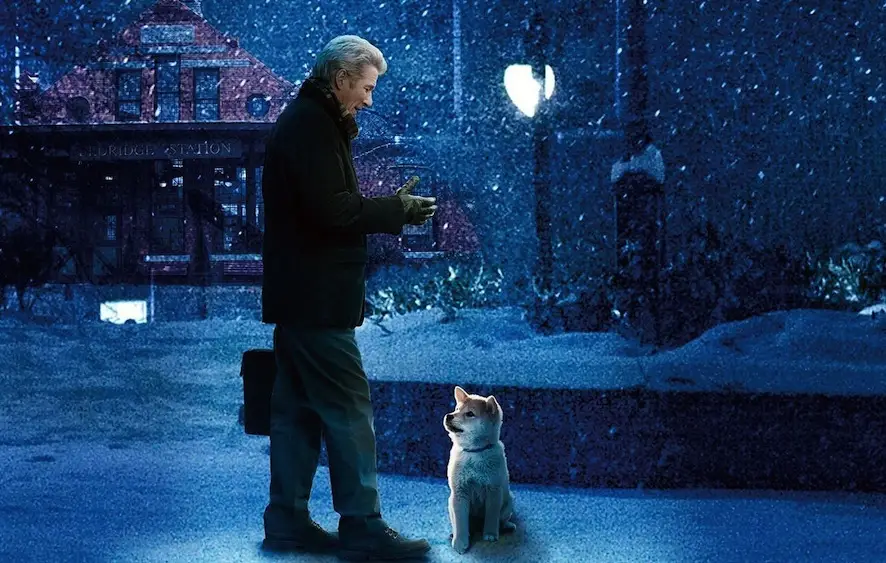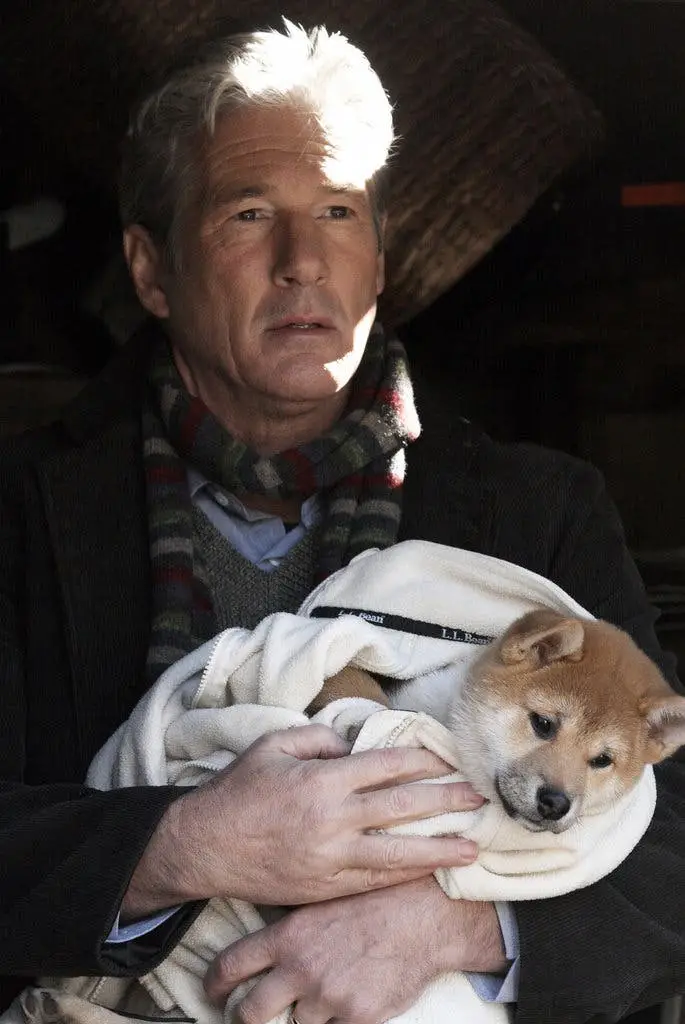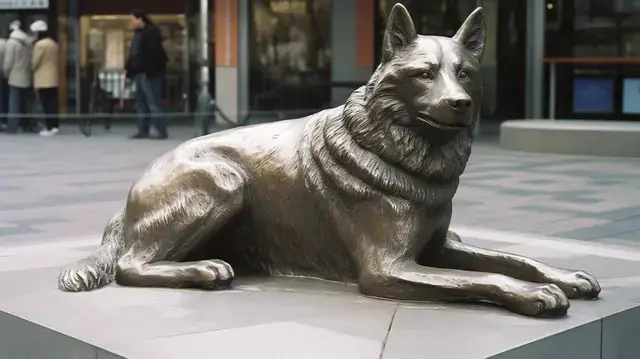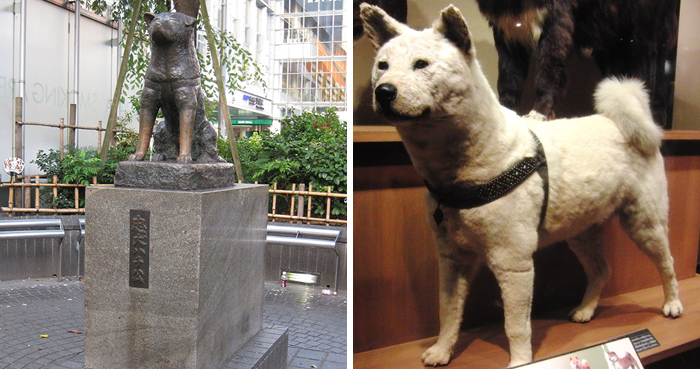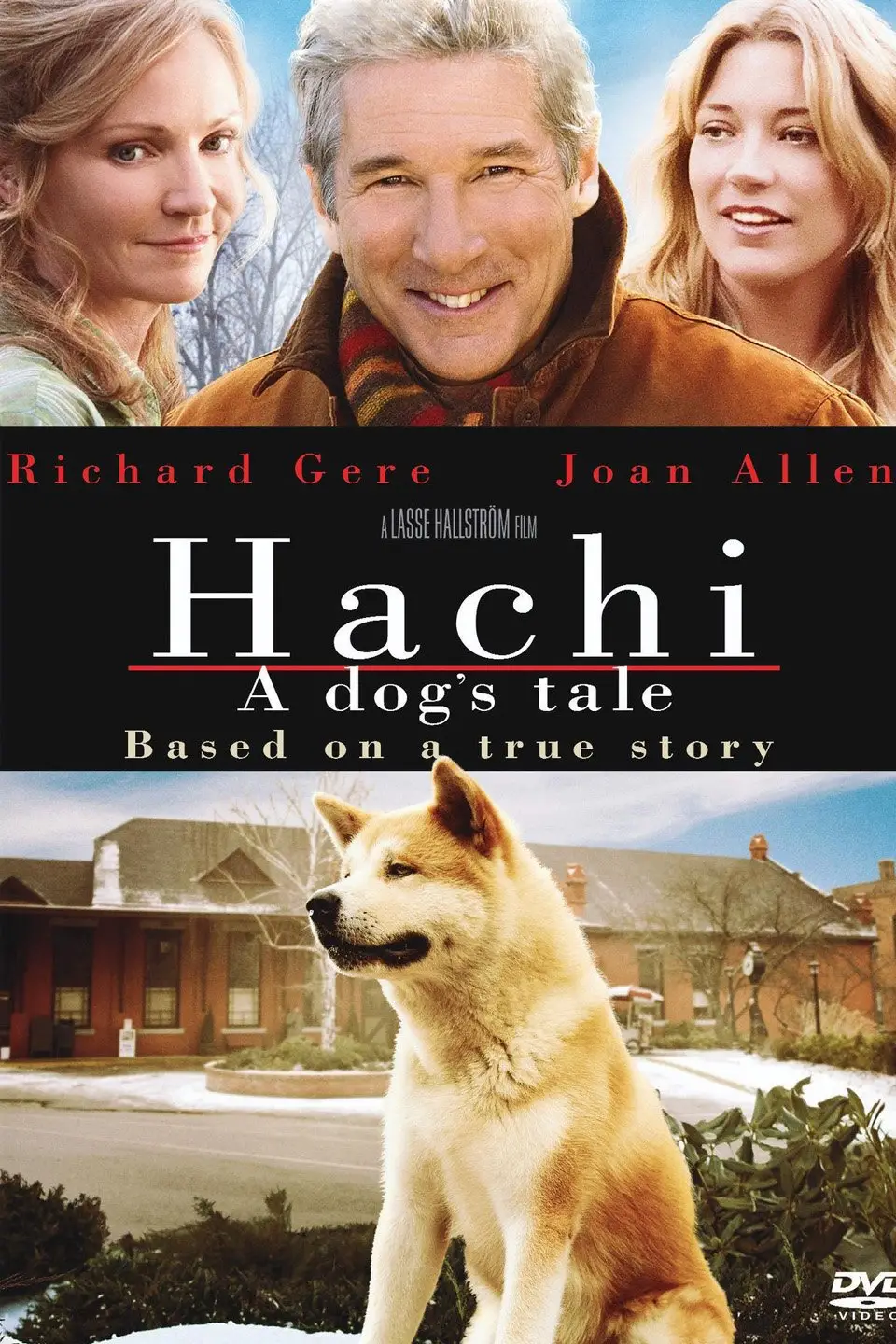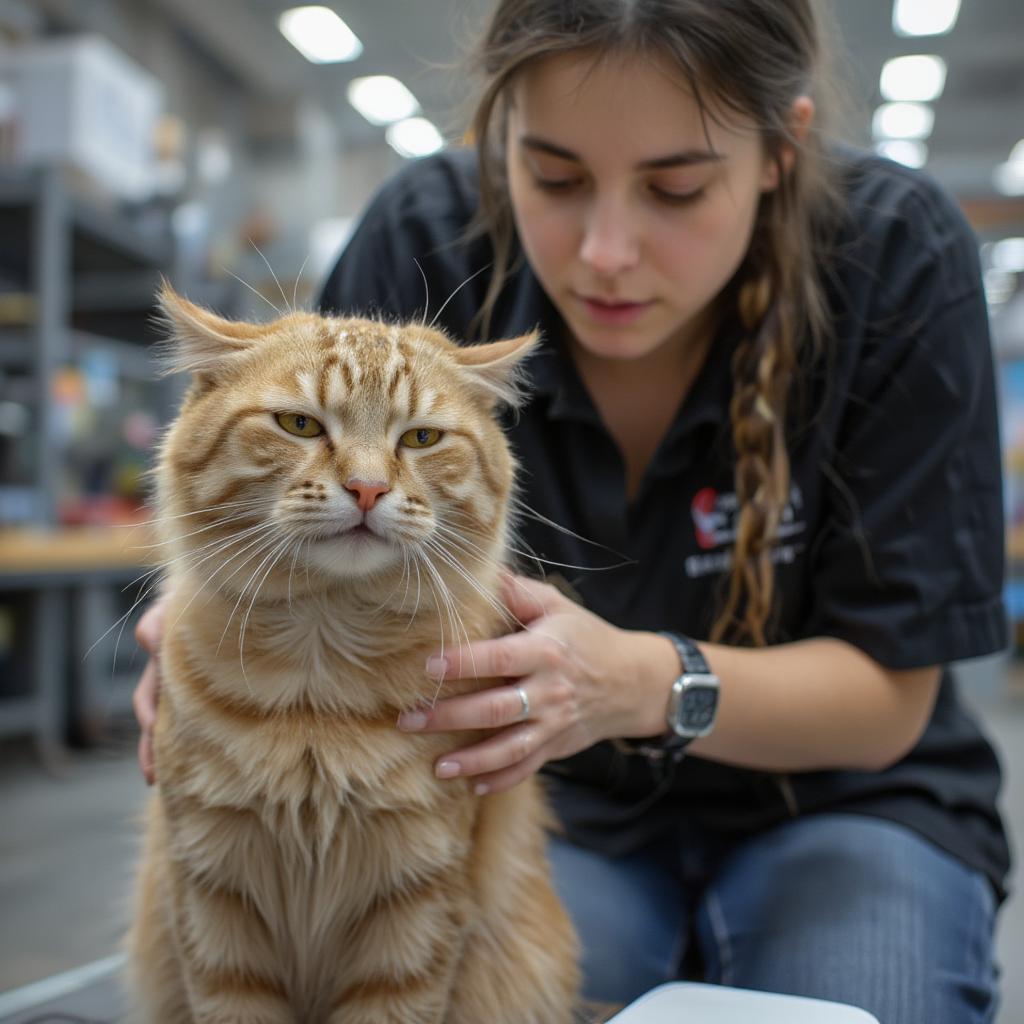Uncovering the Fascinating Story of the Real Hachiko

The Real Hachiko, In the bustling city of Tokyo, there stands a statue of a loyal dog named Hachiko. This iconic statue has become a popular tourist spot and a symbol of loyalty and unconditional love. But behind this famous statue lies a heartwarming and heartbreaking story of a dog’s unwavering devotion to his master. In this blog post, we will dive deeper into the origins and history of Hachiko, and uncover the real story behind the beloved canine companion.
Origin and History of the Real Hachiko
Hachiko, also known as “Chuken Hachiko” or “faithful dog Hachiko,” was an Akita breed who was born in 1923 in Odate, Japan. He was owned by a professor named Hidesaburo Ueno, who taught at the University of Tokyo. Ueno lived with his wife and daughter in Shibuya, Tokyo, and would commute to work every day by train. Hachiko became a regular fixture at the train station, waiting for his master’s return like clockwork.
Hachiko’s bond with Professor Ueno began when he was just a puppy. The professor found him wandering the streets of Odate and took him in as his own. He named the pup “Hachi,” which means “eight” in Japanese, a lucky number in their culture. Over time, Hachi grew into a loyal and well-trained dog, accompanying his master on walks and even to the train station.
Famous Story of Hachiko
The most famous and heart-wrenching part of Hachiko’s story began on May 21, 1925, when Professor Ueno suffered a cerebral hemorrhage while at work. He never returned home that day, leaving Hachiko waiting for him at the train station as usual. Despite the professor’s absence, Hachiko continued to go to the station every day, waiting patiently for his master’s return.
For the next nine years, Hachiko showed up at the station every morning and evening, precisely when the train was due, hoping to see his beloved master. His loyal devotion gained the attention of the locals, who would often bring him treats and food to keep him company. He became a familiar sight around the station, and many people were touched by his story.
Hachiko’s loyalty and dedication to his master touched the hearts of the Japanese people, who saw it as a symbol of unconditional love and loyalty. As word of his story spread, people from all over Japan started visiting the Shibuya station to see the faithful dog in action.
Hachiko’s Loyalty and Legacy
Hachiko’s unwavering loyalty captured the hearts of the entire nation, and his story soon became famous worldwide. Even after the professor’s death, Hachiko continued to go to the station, waiting for him to return. He became a local celebrity and was often featured in newspapers and magazines, making him an international sensation.
Sadly, on March 8, 1935, Hachiko passed away at the age of 11. His body was discovered on a street near the train station, where he had collapsed due to terminal cancer. His death sparked an outpouring of grief and mourning, and his story became even more well-known. He was buried next to his beloved master at the Aoyama Cemetery in Minato, Tokyo.
5 Unforgettable Dog Loyalty Stories That Will Melt Your Heart
The Life of Hachiko
Hachiko’s life may have been short, but it was full of love and loyalty. He spent most of his days waiting at the Shibuya station for his master’s return, but he also enjoyed going on walks with Professor Ueno and playing with neighborhood children. He was known for his gentle and calm nature, and he never caused any trouble or harm to anyone.
Hachiko’s daily routine involved waking up at the same time every day and heading to the Shibuya station. He would wait patiently for his master’s train to arrive, and once it did, they would walk back home together. In the evening, he would repeat the same routine, waiting for his master to return from work. Even after the professor’s death, Hachiko continued to go to the station daily, showing his unwavering loyalty until the very end.
Hachiko: A Symbol of Unconditional Love
Hachiko’s story has become a symbol of unconditional love and loyalty not only in Japan but worldwide. His unwavering devotion to his master has touched the hearts of millions, and his statue at the Shibuya station has become a pilgrimage site for dog lovers and tourists from around the globe. The bond between Hachiko and Professor Ueno is a testament to the unbreakable bond between humans and their furry companions.
Hachiko’s Impact on Japanese Culture
Hachiko’s story has become an integral part of Japanese culture, and he is often referenced in movies, books, and songs. In 1934, a bronze statue of Hachiko was erected in front of the Shibuya station as a tribute to his loyalty. The original statue was made by renowned sculptor Teru Ando but was melted down during World War II for military use. However, a new statue was built in 1948, which still stands today and has become a popular spot for tourists to take photos.
In Japan, there is also an annual Hachiko Festival that takes place every year on April 8th, where people gather to remember and celebrate the faithful dog’s life. Many products, such as socks, t-shirts, and postcards, are also sold with Hachiko’s image, and his story has been featured in various art forms, including paintings and manga (Japanese comics).
Hachiko in Popular Media
Hachiko’s story has not only captured the hearts of the Japanese people but also inspired writers and filmmakers worldwide. In 1987, a movie called “Hachiko Monogatari” was released, depicting Hachiko’s life and loyalty towards his master. The movie was a box office hit, and it helped spread Hachiko’s story to a global audience.
In 2009, a Hollywood version of the film titled “Hachi: A Dog’s Tale” was released, starring Richard Gere as Professor Ueno. The movie received critical acclaim and introduced Hachiko’s story to an even wider audience. It also raised awareness about the importance of animal companionship and the strong bond between humans and animals.
Hachiko’s Final Resting Place
After Hachiko’s passing, he was laid to rest next to his beloved master, Professor Ueno, at the Aoyama Cemetery in Tokyo. His grave is located near the entrance, and it is adorned with flowers, toys, and letters from visitors who come to pay their respects. The cemetery is open to the public, and many tourists make the trip to see Hachiko’s final resting place.
Hachiko’s Influence on Dog Breeds
Hachiko’s story has also had a significant impact on dog breeds, particularly Akitas. After his death, the Akita breed faced a decline in popularity, and there were concerns that it might become extinct. However, Hachiko’s story sparked renewed interest in the breed, and people started adopting Akitas as pets in memory of the faithful dog.
Today, the Akita breed has become one of the most popular dog breeds in Japan, and it is recognized as a national treasure. There are also many Hachiko statues and memorials located in Odate, the birthplace of the Akita breed. Hachiko’s legacy continues to live on through the love and devotion of these beautiful dogs.
Hachiko’s Reunion with His Master
In 2015, a bronze statue called “The Monument of Dogs” was unveiled at the University of Tokyo, where Professor Ueno used to work. The statue depicts Hachiko and his master reunited in the afterlife, sitting side by side on a bench. It is a poignant tribute to their unbreakable bond and serves as a reminder of the power of love and loyalty.
Conclusion
Hachiko’s story is one that has touched the hearts of millions of people worldwide. His unwavering loyalty and unconditional love towards his master have made him an iconic figure in Japanese culture and has inspired countless works of art and media. Hachiko’s legacy continues to live on through his statue at the Shibuya station and the Aoyama Cemetery, reminding us of the unbreakable bond between humans and animals. He will forever be remembered as the real-life Hachiko, whose story of love and loyalty has captured the world’s attention.

